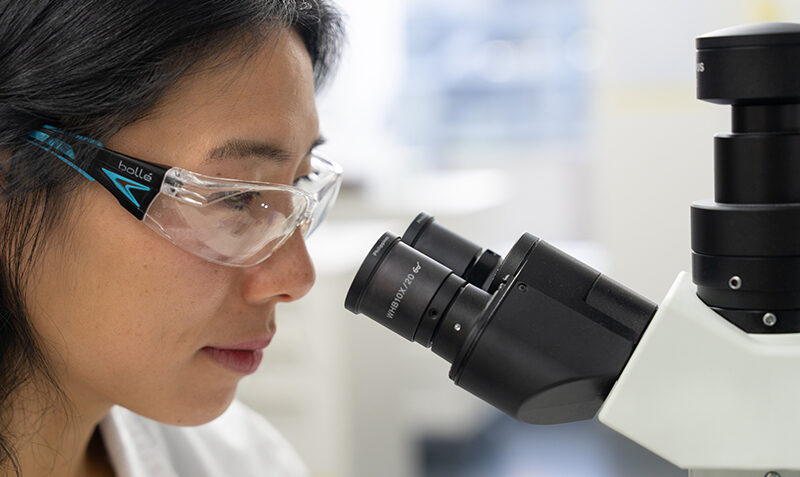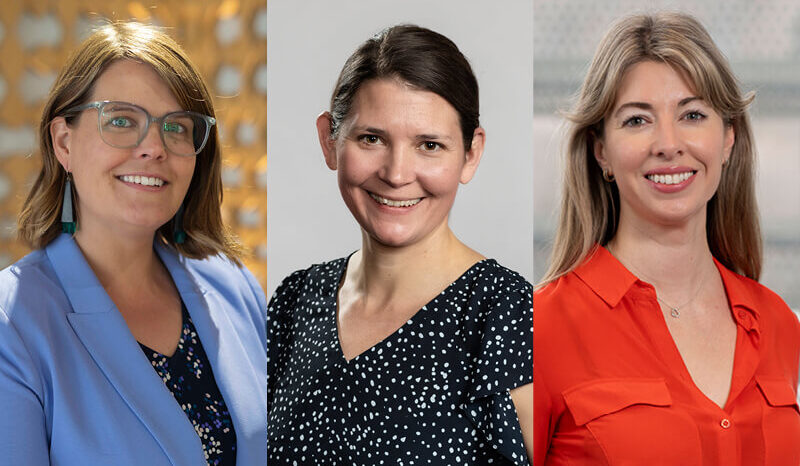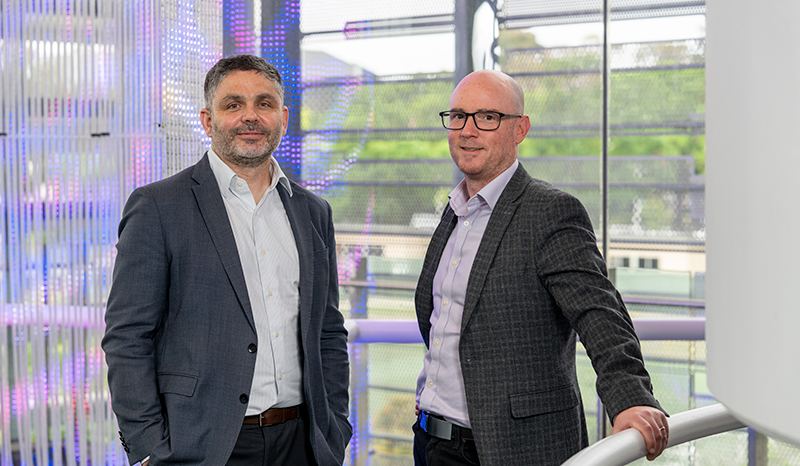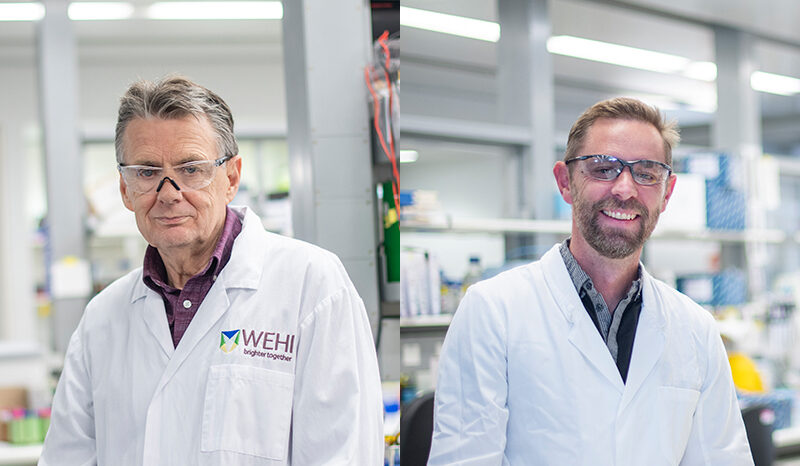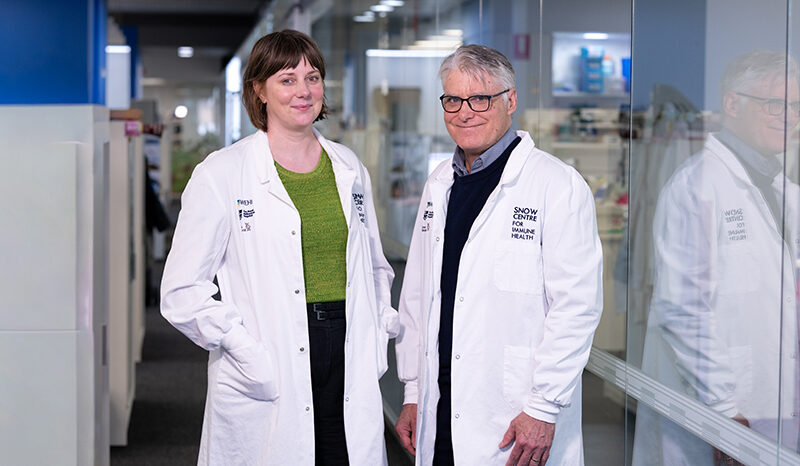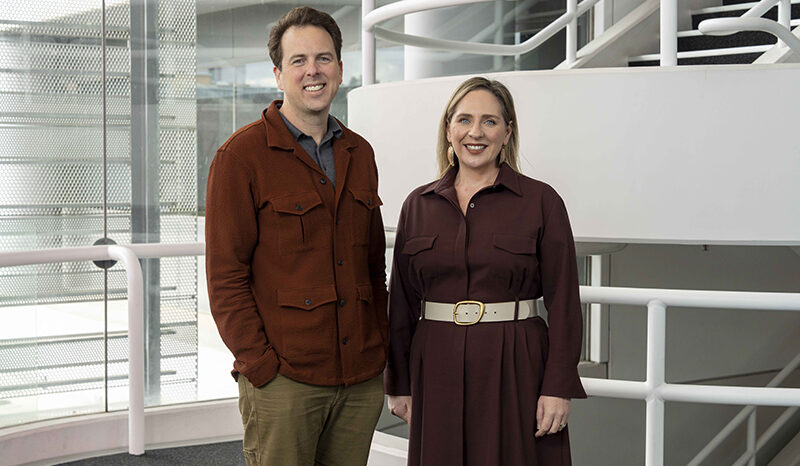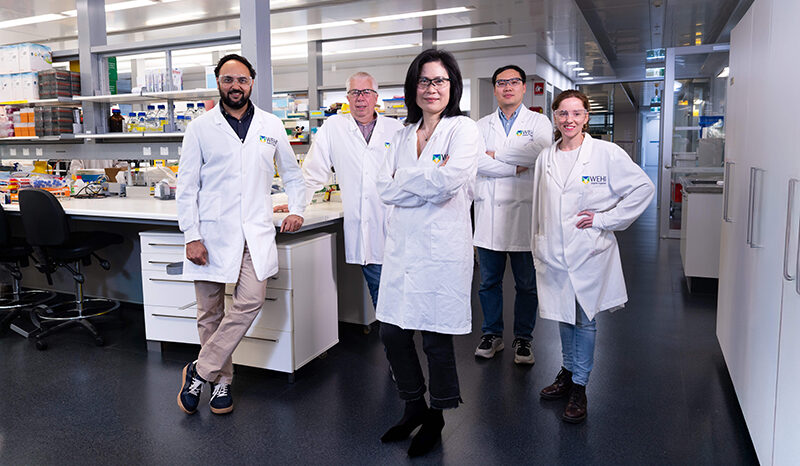As a clinician, Dr Samantha Chan combines medical expertise with the ability to explain the immune system in a way patients understand.
But when she embarked on PhD research at WEHI, Dr Chan discovered she needed to learn a whole new language. Dr Chan describes doing her PhD as a daily exercise in humility – like learning a whole new vocabulary.
“As a clinician-researcher, it often felt like I was speaking two complex languages, and not always fluently!”
Now, as the Clinical Lead of Immunology at the Snow Centre for Immune Health – a joint initiative between WEHI and the Royal Melbourne Hospital (RMH), supported by the Snow Medical Research Foundation – Dr Chan is taking her research and clinical work to a whole new level.


